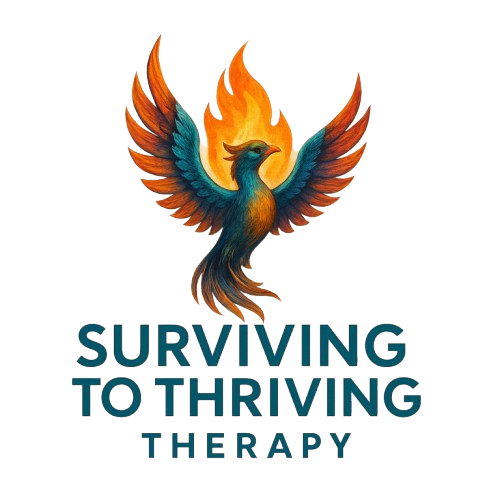Finding Hope and Balance When the Headlines Won’t Stop
Originally written after the Pulse Shooting in June 2016
Constant updates about tragedy can be overwhelming. When I scroll through social media and everyone is posting about public events, I think of that song ‘Adding to the Noise’ by Switchfoot. Like Burr quips in the musical Hamilton, I’ve worked hard to ‘talk less and smile more,’ or, as my bumper sticker says, ‘bark less, wag more.’ Humans were never meant to carry the whole world’s grief every day, and it’s okay not to have a hot take on every controversy or disaster.
Not knowing how to respond to public tragedy is completely human. Even when events happen far away, we can still feel grief and confusion. Tears may come out of nowhere, or sometimes we go numb because the events feel too frequent and too big to change. You’re not weak or selfish for wanting to step back. Taking breaks, unfollowing triggering content, or simply turning off notifications can be a healthy, protective response.
Your reactions — the tears, the frustration, the dread — are signs of your humanity, not your weakness. Coping looks like knowing your limits, setting boundaries where you can, and planning support for yourself. Those steps aren’t avoidance; they’re self-preservation. They’re what allow you to come back to your life and your community with steadiness instead of burnout.
Update in 2025:
It’s hard not to notice how much pain still exists around gun violence and hate crimes since the Pulse shooting. In the nine years since that tragedy, things haven’t necessarily gotten easier — and the recent removal of the public memorial feels like a painful erasure of collective grief and resilience. If you’re part of the LGBTQIA+ community or touched by the attack, it can feel like your stories and pain are being pushed aside. This may reopen old wounds and stir up anger or sadness. Feeling these emotions now is not a setback; it’s a sign of how deeply these events matter and how much remembrance still matters.
If you’re feeling overwhelmed, remember this: stepping back to care for yourself doesn’t mean you don’t care about the world. It means you’re honoring your nervous system and giving yourself the strength to keep going. Healing, activism, and empathy all require energy. Protecting your mental health is an act of self-respect — and it’s also what helps you stay grounded enough to make a difference when you’re ready.”
